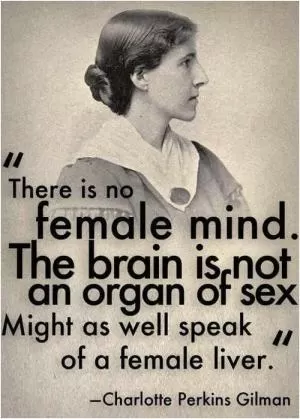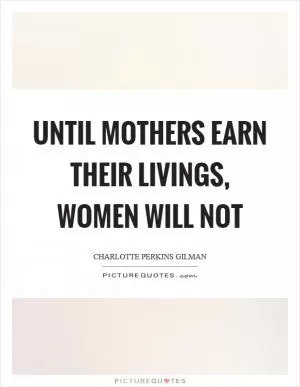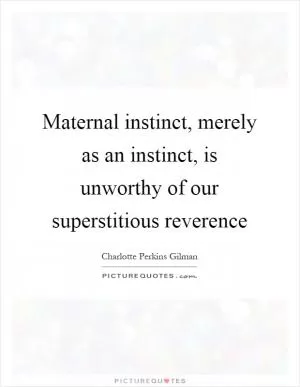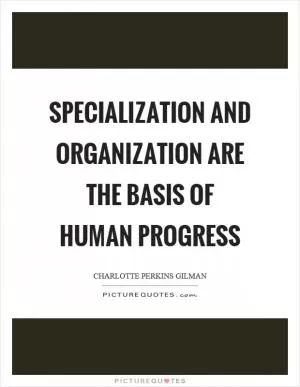There are things in that wallpaper that nobody knows about but me, or ever will

There are things in that wallpaper that nobody knows about but me, or ever will
Charlotte Perkins Gilman's short story "The Yellow Wallpaper" is a haunting tale that delves into the depths of mental illness and the oppressive nature of patriarchal society. The quote "There are things in that wallpaper that nobody knows about but me, or ever will" is a pivotal moment in the story, as it reveals the protagonist's descent into madness and her growing obsession with the wallpaper in her room.The protagonist, who remains unnamed throughout the story, is a woman suffering from postpartum depression. She is confined to a room in her husband's summer home, where she is forbidden from engaging in any intellectual or creative pursuits. Instead, she is instructed to rest and refrain from any stimulating activities. As a result, she becomes fixated on the wallpaper in her room, which she describes as having a "sickly sulphur tint" and a "repellent, almost revolting" pattern.
As the protagonist spends more time in the room, her obsession with the wallpaper grows. She becomes convinced that there are hidden patterns and figures within the wallpaper that only she can see. She spends hours staring at the wallpaper, trying to decipher its secrets and unravel its mysteries. In her delusional state, she believes that the wallpaper is a living entity that is trying to communicate with her.
The quote "There are things in that wallpaper that nobody knows about but me, or ever will" encapsulates the protagonist's isolation and alienation. She feels disconnected from the outside world and believes that she alone possesses the knowledge of the wallpaper's true nature. This sense of secrecy and exclusivity fuels her obsession and drives her further into madness.
Through the protagonist's fixation on the wallpaper, Gilman explores the themes of confinement, oppression, and the stifling effects of patriarchal society. The wallpaper becomes a symbol of the protagonist's own mental state, as she struggles to break free from the constraints placed upon her by her husband and society at large. Ultimately, the quote serves as a chilling reminder of the protagonist's descent into madness and her desperate attempt to assert her own agency in a world that seeks to silence her.












 Friendship Quotes
Friendship Quotes Love Quotes
Love Quotes Life Quotes
Life Quotes Funny Quotes
Funny Quotes Motivational Quotes
Motivational Quotes Inspirational Quotes
Inspirational Quotes